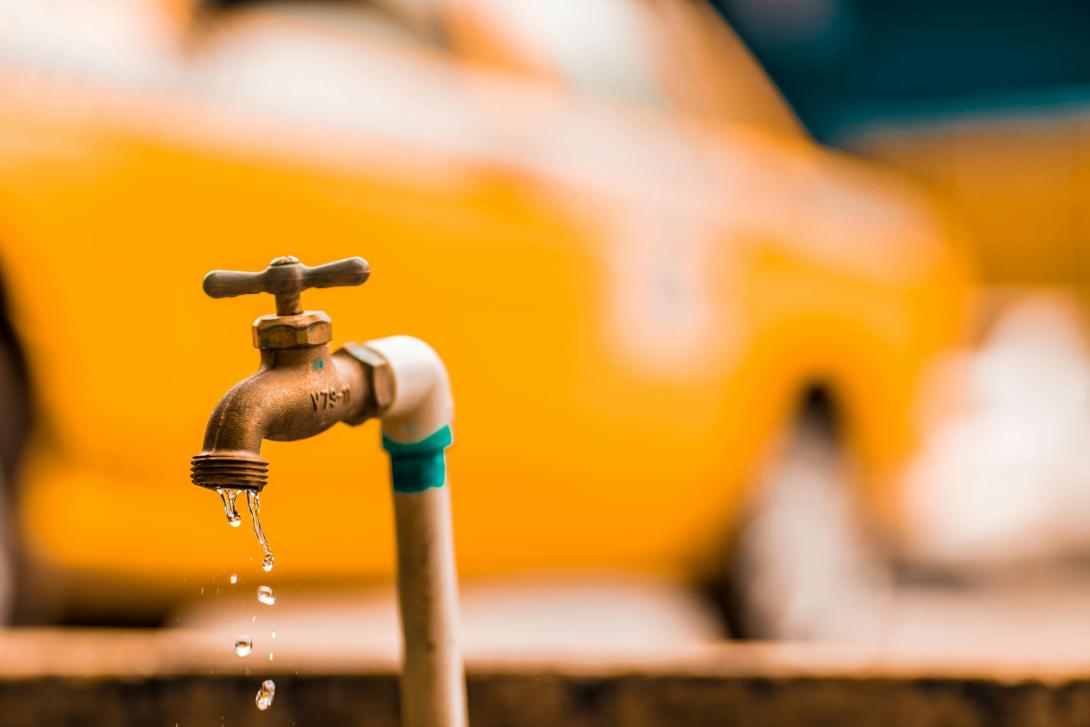There are some kinds of emergencies other than medical, fire, or crime. These are emergencies that can still have a devastating effect on you and your life. Examples include floods, wildfires, power outages, severe storms, strong winds, contagious diseases, or hazardous materials. The key to reducing the effect of this sort of emergency on your life is to plan before an emergency occurs. You should prepare yourself and your family to be self-sufficient for at least three full days (72 hours).

Make a plan
To create your home emergency plan, think about:
- safe exits from your home and neighbourhood
- designated person to pick up your children should you be unavailable
- health information and special health needs
- place for your pet to stay
- location of your fire extinguisher, water valve, electrical box, gas valve, and floor drain
Prepare your home
To make sure you’re prepared to be self-sufficient and safe at home, have a kit on hand with:
- copy of your emergency plan
- water and food
- manual can opener
- wind-up or battery-powered flashlight
- wind-up or battery-powered radio
- extra batteries
- first aid kit
- extra house and car keys
- cash – small bills and change
- special items such as formula, pet food, prescriptions, medication, etc.
Prepare your vehicle
If you have a vehicle, be prepared to seek refuge in it, or have tools on hand to get moving. Be sure that your vehicle emergency kit has:
- blankets
- extra seasonal clothes and footwear
- first aid kit and seatbelt cutter
- water and snacks (e.g., energy bars)
- wind-up or battery-powered flashlight
- wind-up or battery-powered radio
- extra batteries
- list of contact numbers
- small shovel, scraper, and brush
- warning lights or road flares
- tow rope and jumper cables
- sand or salt
- whistle